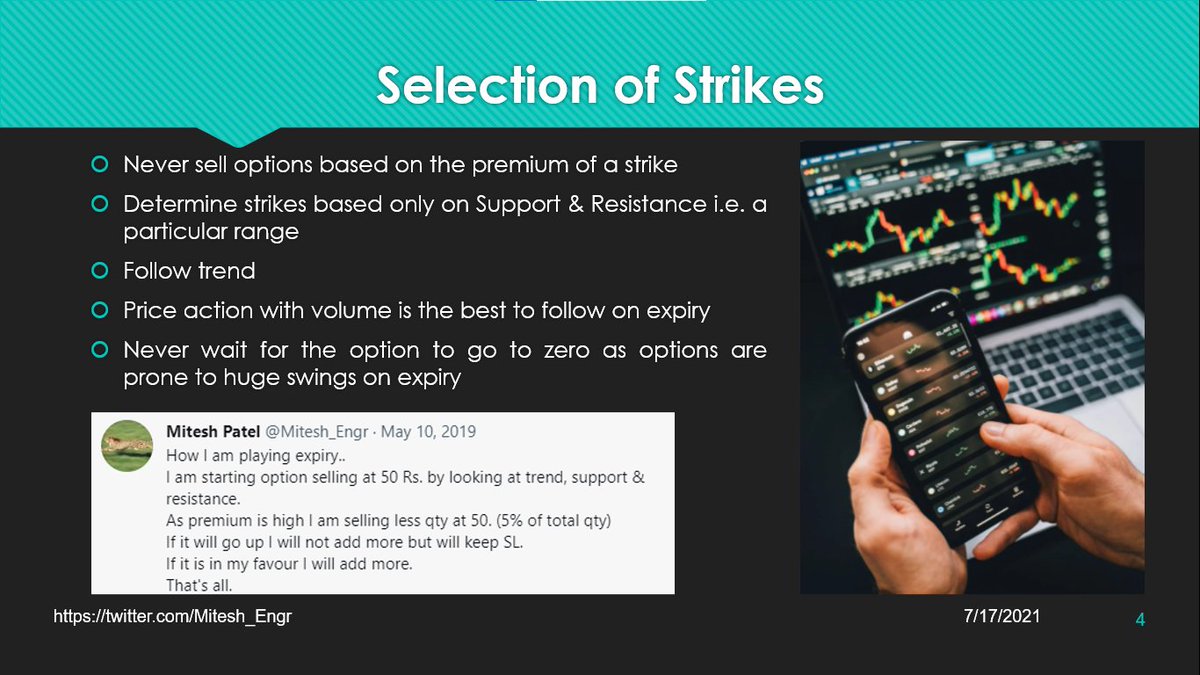Thread – A New Year’s Eve Retrospective on 2020 America
1. A good pal of mine emailed me this commentary written by a third party who has allowed for it to be shared with the condition no attribution be given.
"A year ago today, at the close of a retrospective on the ending decade, I wrote this: "We step into a decade that will likely be more terrible than we grasp. For the nation, for the world, many bills will come due & the survivors will be the quiet and the unseen.”
What is the effect of the disappearance of the assurance of generational improvement in living conditions?
What is the effect of the dissolution of the American civic narrative?
What is the effect of the rejection of the American Founding?
What is the effect of the elite classes increasingly (and openly) engaging in social-manipulative lies?
We saw the fifty American states, expected to exercise power in crisis within the bounds of federalism, mostly incompetent to do so.
We saw American elites, especially media and left-leaning officeholders, actively abet or excuse the insurgency.
We saw the NY Times name various flag officers as prospective participants in a de facto coup, with no protest or consequence for those officers.
The truth that all men are created equal.
The truth that America is a good country.
The truth that America is created for good ends.
The truth of a sovereign people.
The truth of equality under law.
That’s why we fight.
— New Year’s Eve 2020"
More from Stop the Steal - Stu Cvrk
More from For later read
You May Also Like
THREAD: 12 Things Everyone Should Know About IQ
1. IQ is one of the most heritable psychological traits – that is, individual differences in IQ are strongly associated with individual differences in genes (at least in fairly typical modern environments). https://t.co/3XxzW9bxLE

2. The heritability of IQ *increases* from childhood to adulthood. Meanwhile, the effect of the shared environment largely fades away. In other words, when it comes to IQ, nature becomes more important as we get older, nurture less. https://t.co/UqtS1lpw3n

3. IQ scores have been increasing for the last century or so, a phenomenon known as the Flynn effect. https://t.co/sCZvCst3hw (N ≈ 4 million)
(Note that the Flynn effect shows that IQ isn't 100% genetic; it doesn't show that it's 100% environmental.)

4. IQ predicts many important real world outcomes.
For example, though far from perfect, IQ is the single-best predictor of job performance we have – much better than Emotional Intelligence, the Big Five, Grit, etc. https://t.co/rKUgKDAAVx https://t.co/DWbVI8QSU3

5. Higher IQ is associated with a lower risk of death from most causes, including cardiovascular disease, respiratory disease, most forms of cancer, homicide, suicide, and accident. https://t.co/PJjGNyeQRA (N = 728,160)

1. IQ is one of the most heritable psychological traits – that is, individual differences in IQ are strongly associated with individual differences in genes (at least in fairly typical modern environments). https://t.co/3XxzW9bxLE

2. The heritability of IQ *increases* from childhood to adulthood. Meanwhile, the effect of the shared environment largely fades away. In other words, when it comes to IQ, nature becomes more important as we get older, nurture less. https://t.co/UqtS1lpw3n

3. IQ scores have been increasing for the last century or so, a phenomenon known as the Flynn effect. https://t.co/sCZvCst3hw (N ≈ 4 million)
(Note that the Flynn effect shows that IQ isn't 100% genetic; it doesn't show that it's 100% environmental.)

4. IQ predicts many important real world outcomes.
For example, though far from perfect, IQ is the single-best predictor of job performance we have – much better than Emotional Intelligence, the Big Five, Grit, etc. https://t.co/rKUgKDAAVx https://t.co/DWbVI8QSU3

5. Higher IQ is associated with a lower risk of death from most causes, including cardiovascular disease, respiratory disease, most forms of cancer, homicide, suicide, and accident. https://t.co/PJjGNyeQRA (N = 728,160)
















